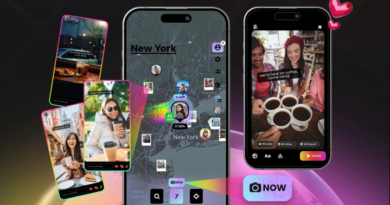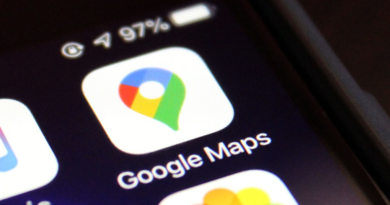Meta announces new updates to help teens on its platforms combat sextortion

Meta is introducing a few new updates and efforts to help teens on its platforms combat sextortion, the company announced on Tuesday. Most notably, Meta announced expanded availability of Take It Down, which is an online tool that it helps finance and is run by the National Center for Missing and Exploited Children (NCMEC). The company also updated its Sextortion hub with new guidance and is launching a global campaign to raise awareness about sextortion.
Take It Down is designed to prevent the spread of non-consensual intimate imagery, and is now available in 25 more languages after originally only launching in English and Spanish last year. It allows teens to take back control of their personal intimate photos and prevents ex-partners and scammers from spreading them online. The system can be used by people under 18 who are worried their content has been or may be posted online. It can also be used by parents or trusted adults on behalf of a young person. Plus, it can be used by adults who are concerned about images taken of them when they were under 18.
The system works by having users follow instructions to assign a unique hash, which is a digital fingerprint in the form of a numerical code, to their image or video privately from their own device. Once the hash has been submitted to NCMEC, Meta can find copies of the image or video and take them down. It can also help prevent anyone who’s threatening them from posting them in the future. It’s worth noting that teens only need to submit the hash, rather than the intimate image or video itself.
Take It Down is now available in Hindi, Chinese, French, German, Icelandic, Portuguese, Urdu, Tagalog, Bengali, Thai, Arabic, Dutch, Tamil, Turkish, Italian, Khmer, Kurdish, Bahasa Indonesian, Malayalam, Marathi, Sinhalese, Vietnamese and Korean.
In addition, Meta is updating its Sextortion hub with new guidance for teens on how to take back control if someone is targeting them. The guidance includes advice for parents on how to support their teens if they’re being targeted. Meta worked with Thorn, a nonprofit that builds technology to defend children from sexual abuse, to develop the updated guidance.
As for the global campaign, Meta says it wants to make sure teens and parents are aware about these scams and what they can do to avoid them. The company will be working with safety organizations and creators to raise awareness on the matter.
The new updates come a week after Meta CEO Mark Zuckerberg testified at a Senate hearing where Republican Senator Lindsey Graham told the executive that his company had blood on its hands, noting that a man in the audience lost his son to suicide after he was targeted in a sextortion ring on Instagram. Zuckerberg was later pushed to apologize to the numerous parents in the audience who were holding up pictures of children they lost due to online abuse they faced on platforms like Facebook and Instagram.
Zuckerberg testified alongside the CEO’s of Snap, Meta, TikTok, X and Discord.




